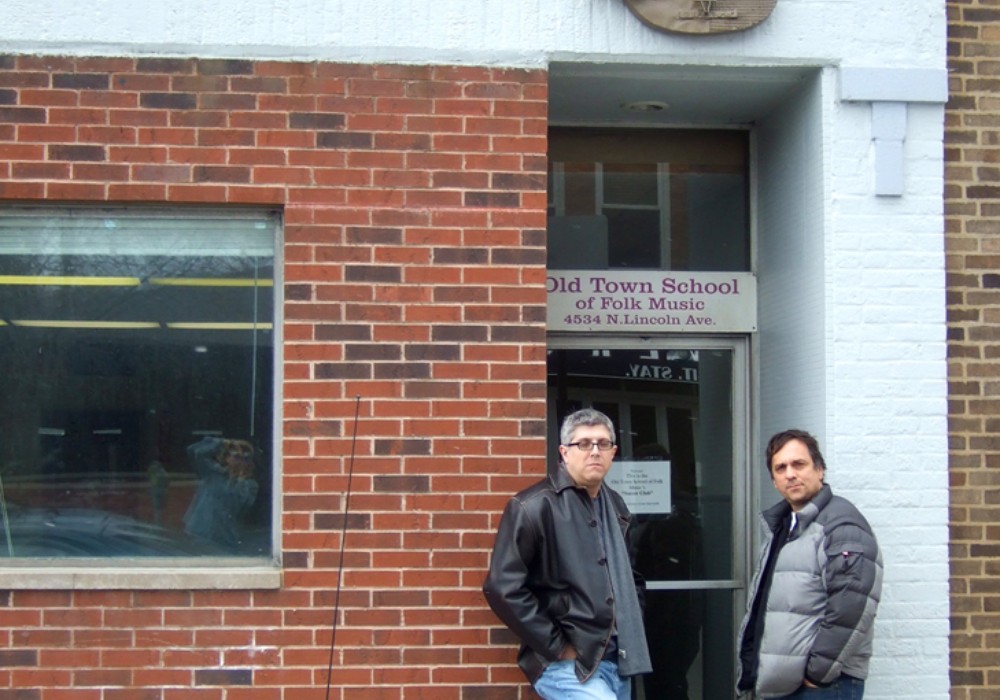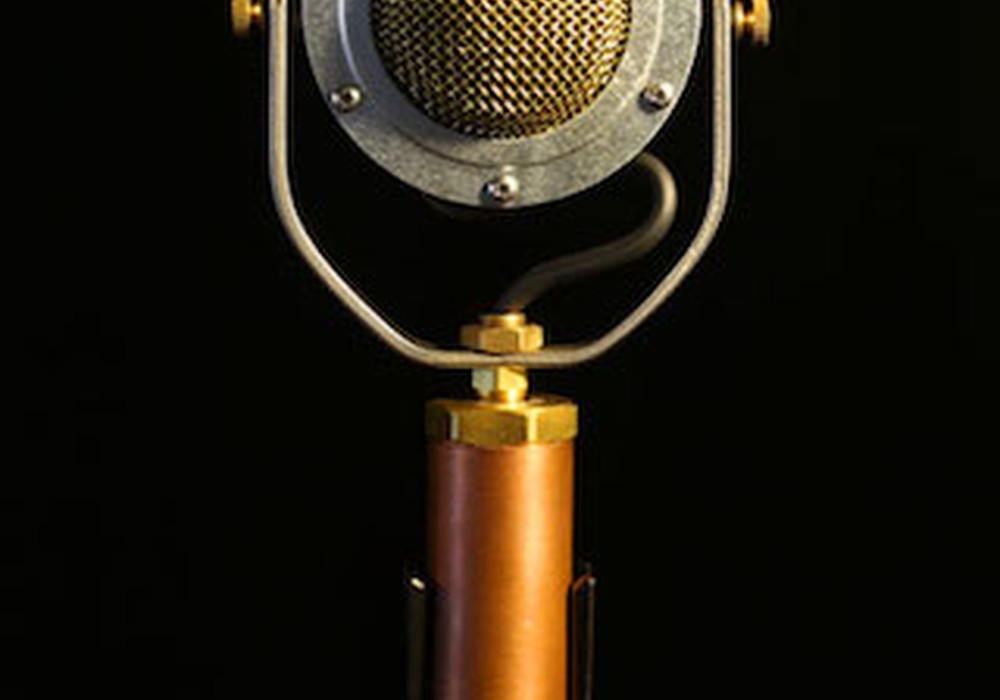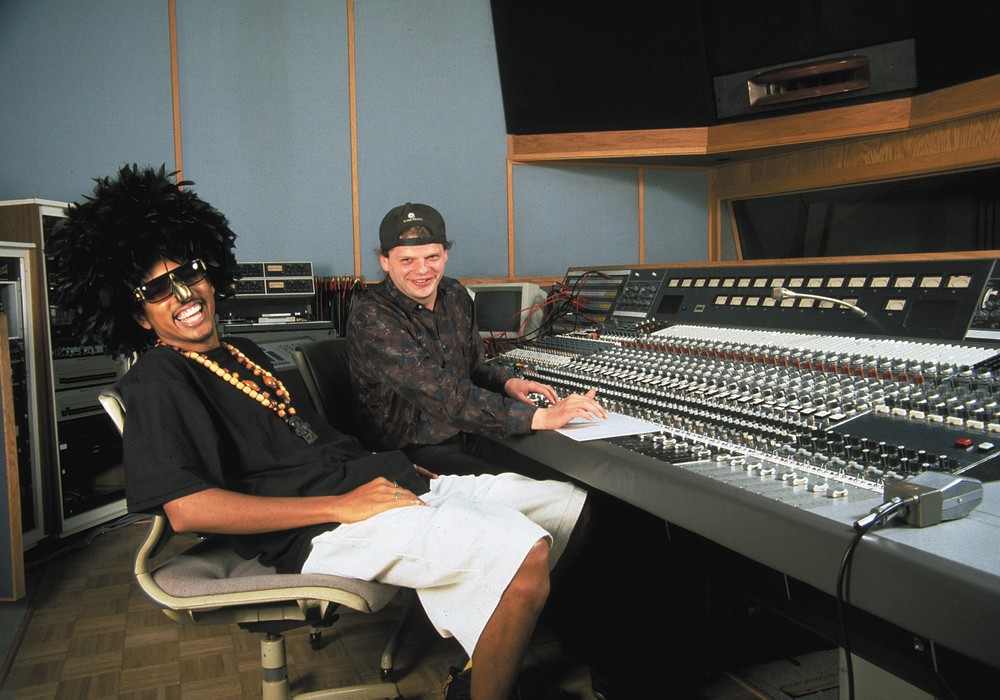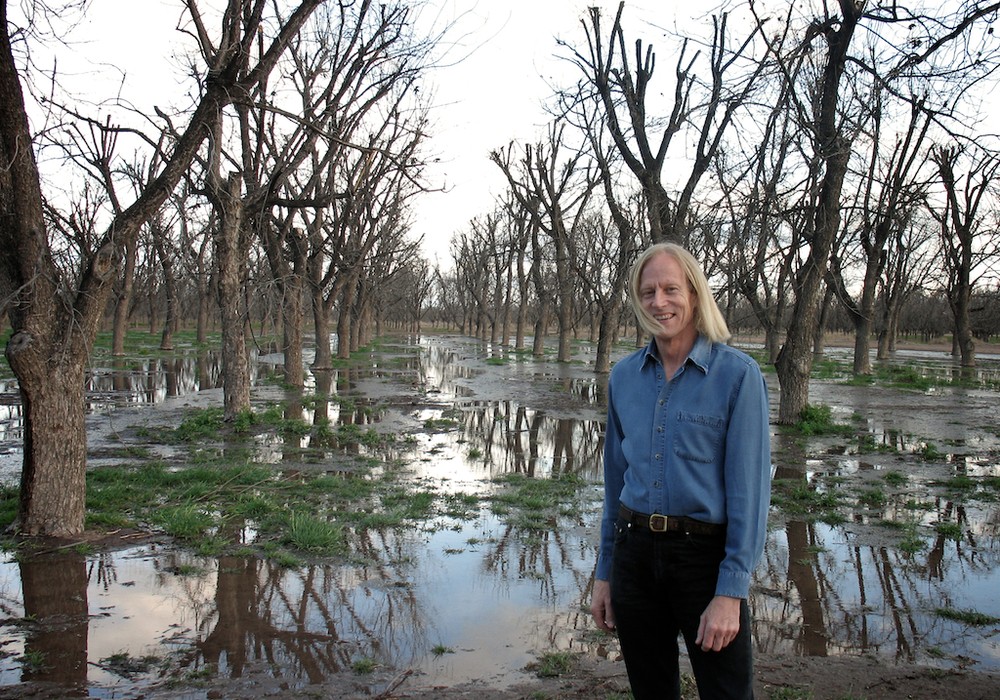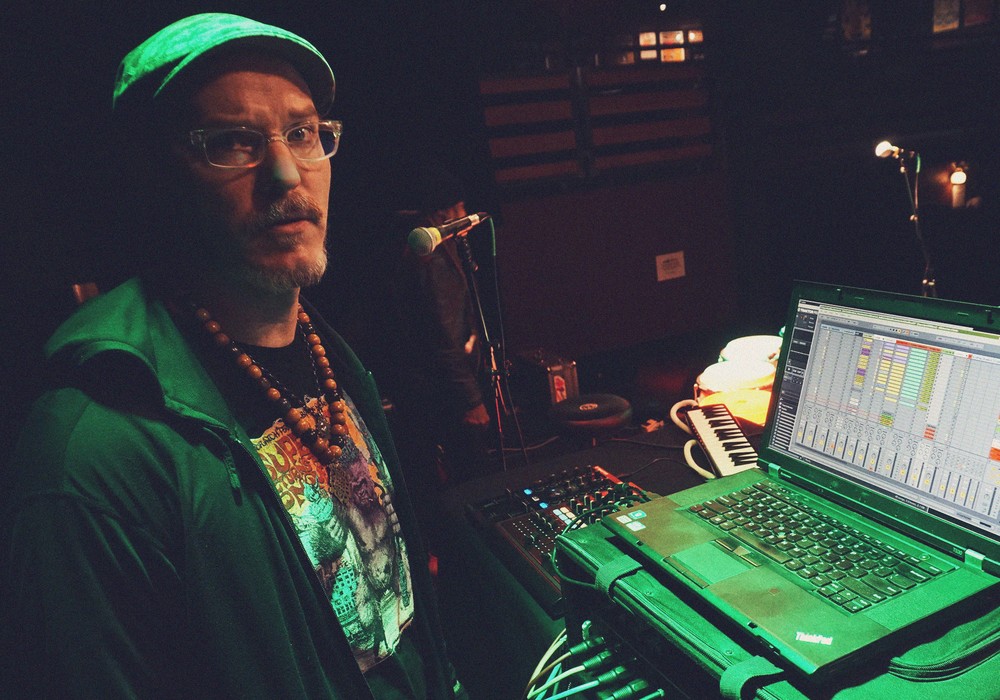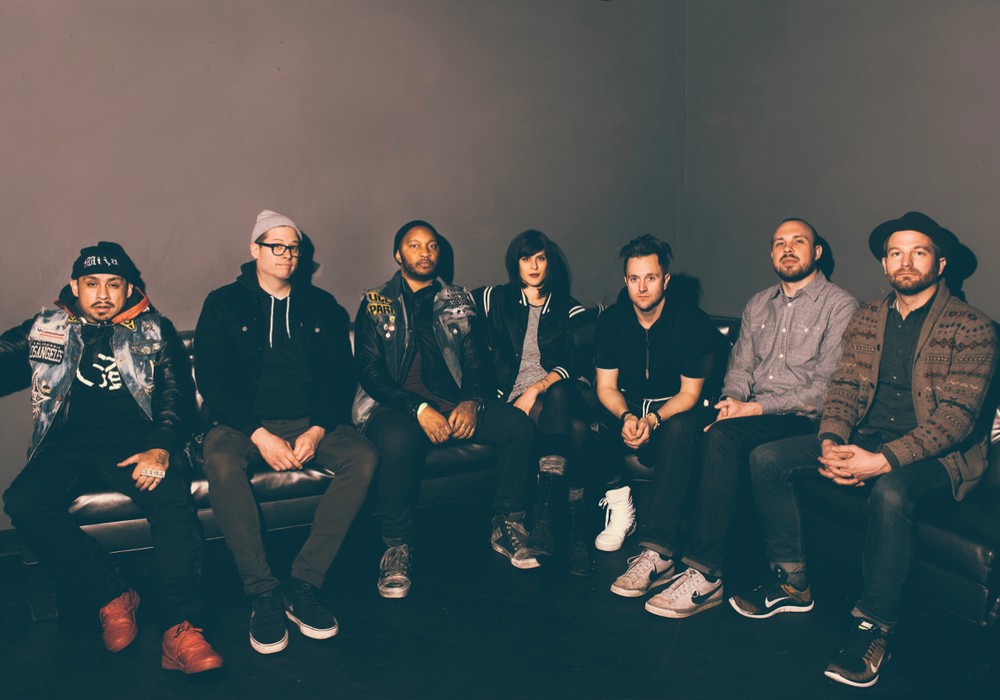Martin Feveyear and Christian Fulgham opened Jupiter Studios in 1994 but are running their first local print ad this year. Word of mouth, artistic focus, great sounds, and plenty of vibe have attracted a steady mix of enviable projects. In their years of operation, Jupiter has seen the likes of Mark Lanegan, Tuatara, Presidents of the United States of America, Sir-Mix-a-Lot, Nevada Bachelors, Super Deluxe, and many other Seattle artists. In the process, they've proven themselves an excellent place to track, mix and, master albums or demos.
Aside from the comfortable vibe, a noteworthy assortment of colorful mic pres, and a well maintained Otari MTR 90II 24-track, Jupiter's most valuable asset is the aural aptitude of it's in-house producer/engineer/mastering engineer/part-owner, Martin Feveyear. Martin grew up in Hadleigh, England, but wound up in Seattle at the request of the Screaming Trees, who he'd been working with on tour in Europe, doing live sound. "I was in bands in England for ten years or so," reflects Martin, "recording pretty much from the word go. I had no particular training of any kind — just two ghetto blasters, bouncing backwards and forwards. I bought a 4-track, bought an 8-track, put it in a little barn, recorded local bands, and recorded my band. Then I started working on a 24-track in England and toured with The Screaming Trees in Europe. They asked me to come to the States and work, and I came up here. In between touring, I was making records with the funds that I earned on the road. I started making albums in basements and local studios — getting a clientele and a reputation that way."
It was during this time that Martin hooked up with Seattle musician, Christian Fulgham. "I was in a band called Sister Psychic in 1992," says Christian. "Martin was getting ready to go out on another leg of a Screaming Trees tour, and he came and saw the band live. He liked us a lot and ended up producing some records for us. Around 1994, we decided to make a little project studio where between projects, we could be working on some stuff with bands and that kind of thing."
"The main thing for me," Martin adds, "was that I wanted to create a space with the right kind of vibe to it, so it didn't feel like you were working in a studio and that you weren't under pressure."
Martin had already come a long way with a small studio before meeting up with Christian but was quickly outgrowing the basement. "When I'd be touring," he says, "I'd come home and spend the money I earned on the road on new equipment and built the basis of a little studio — a couple of ADATs and an 8-track analog that I locked up. I did some records that way. I did the first Super Deluxe record — It did pretty well — a Model Rockets record, and stuff for Sister Psychic, as well as other bands around Seattle at the time. It just seemed logical that Christian and I would get something together. We were always looking for a space. Christian found that initial space for us in 1996. All we had were three ADATs and eight tracks of analog. We have the two- inch 24-track now. We still have the ADATs but we also have a full-blown Pro Tools rig."
Though the studio has certainly stayed afloat financially, Jupiter's founders rest more comfortably on their laurels knowing that they've had an artistic prosperity from the get-go. "It was much more successful than we thought right off the bat," Christian explains, "partly because there was demand for a low-key, artist-friendly studio that was focused on results with no frills. We wanted to have a place to work that was comfortable for musicians, that was reasonably priced, and that was word-of- mouth. But, we really wanted to focus on the most important piece of equipment, which is the person operating the equipment."
A move to Seattle's Wallingford neighborhood
As the number of projects grew, space began to run out. Jupiter had to move. In 1998 they did, and now fit like a glove in their new location. "We were just growing too quickly at the old space," says Martin. "When we got that together we didn't expect to have the kind of clients that we were getting. I mean, we had Tuatara, The Screaming Trees, members of REM, Cornershop... you know... pretty cool clients. It got to the point where we were too busy and that place was getting too small for us. Even though it was fairly spacious compared to a lot of studios, it just seemed like the right time to...
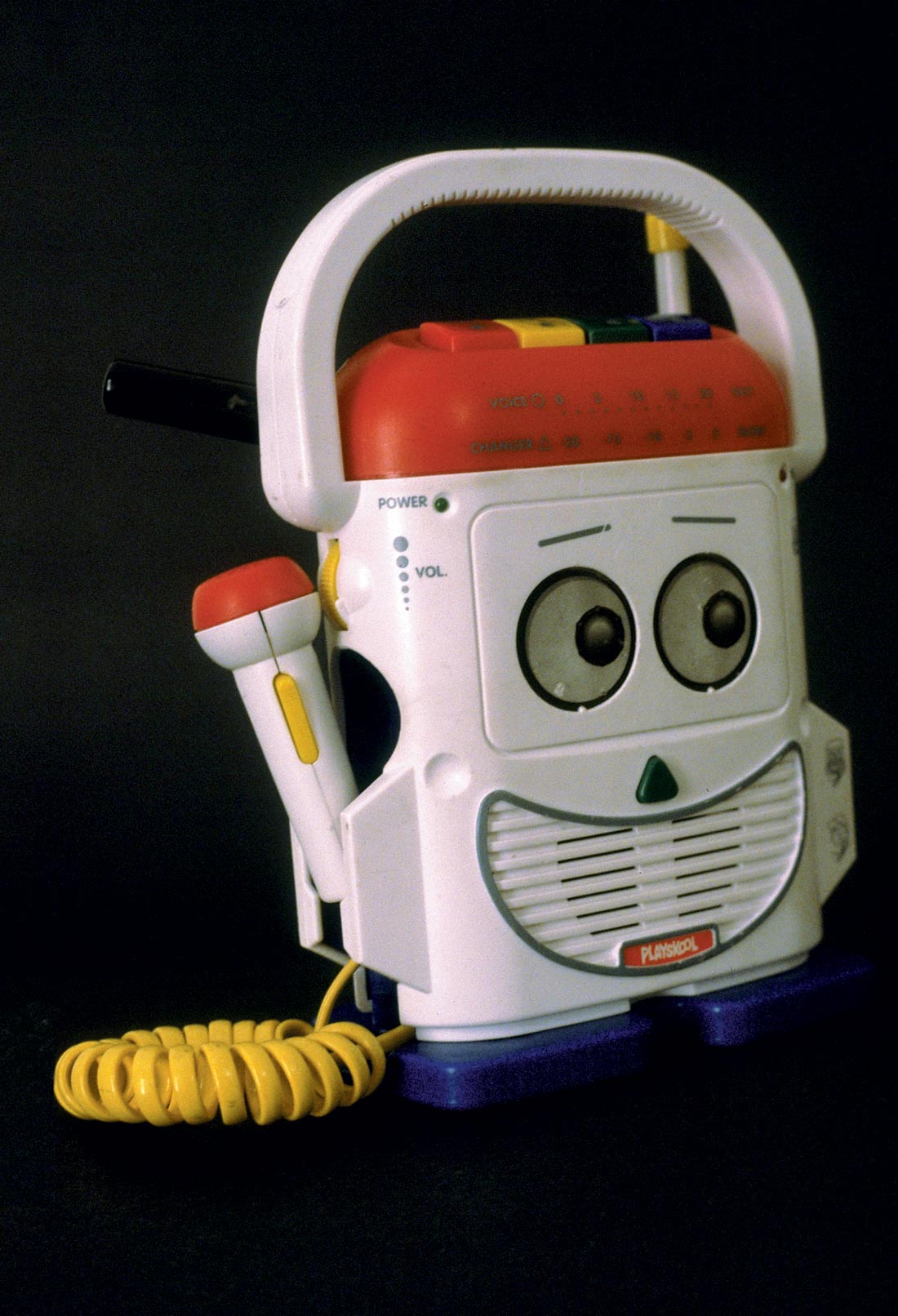

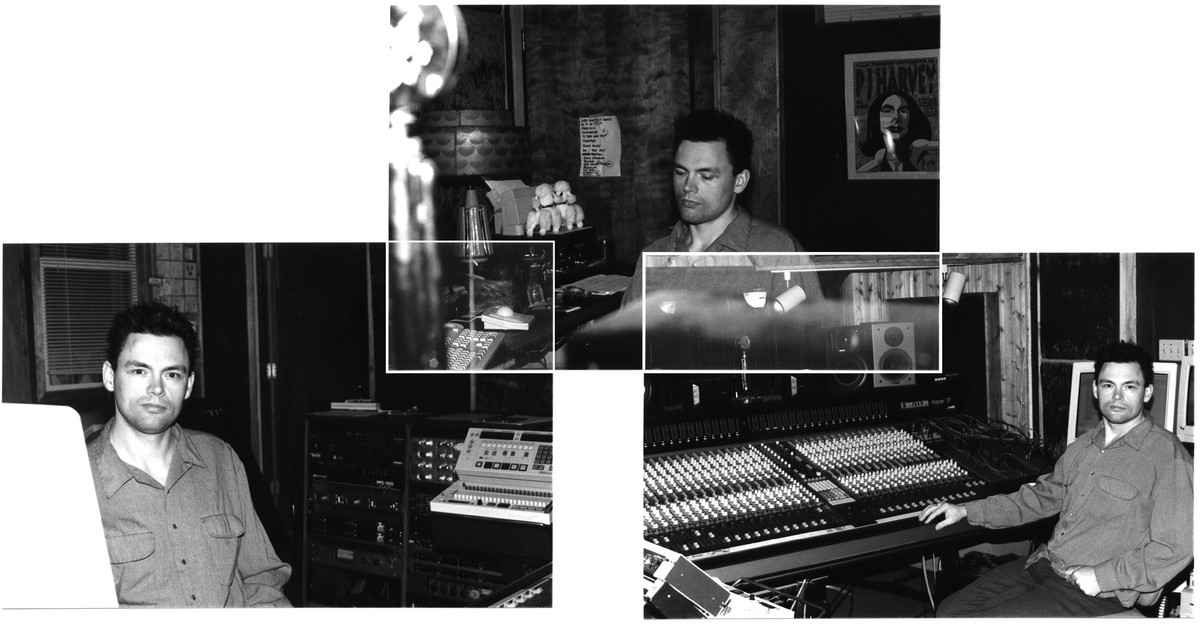
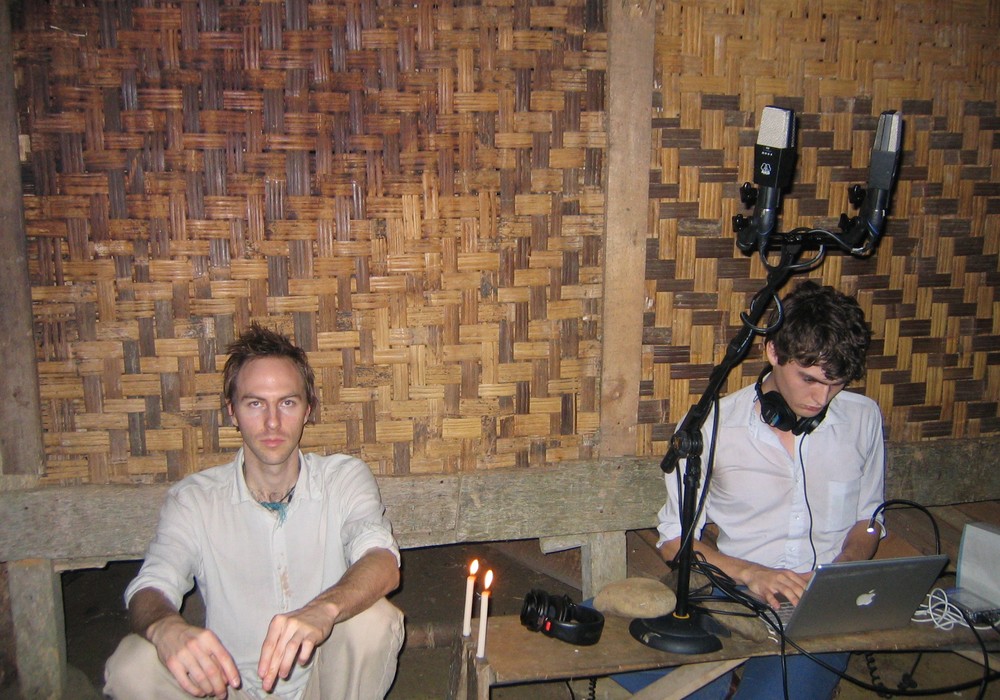
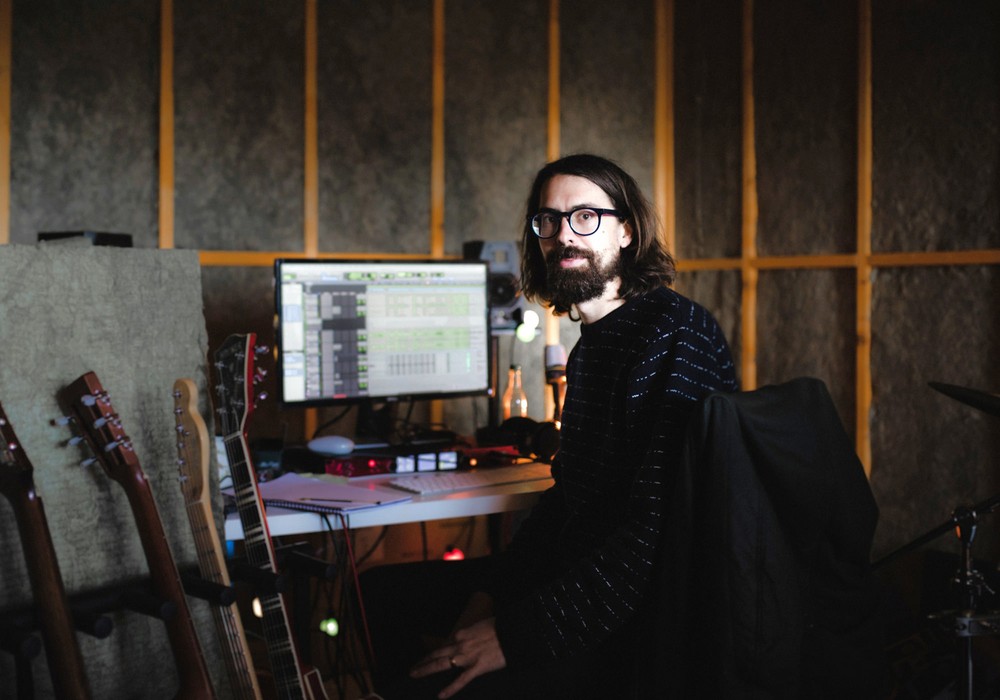
_display_horizontal.jpg)
